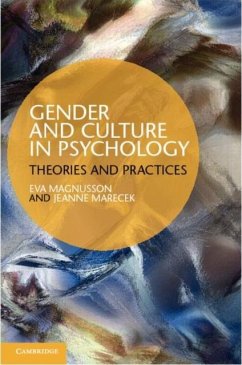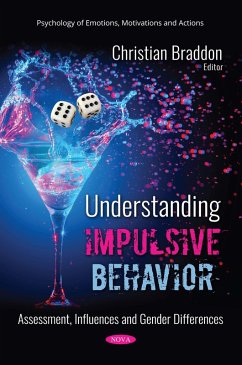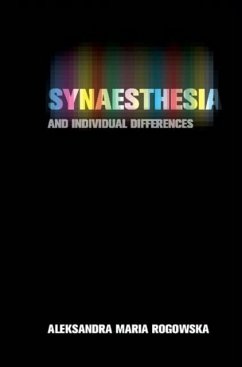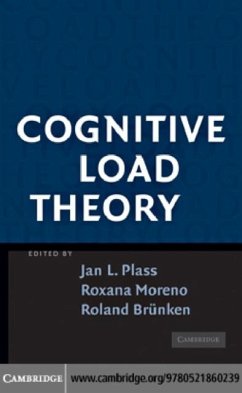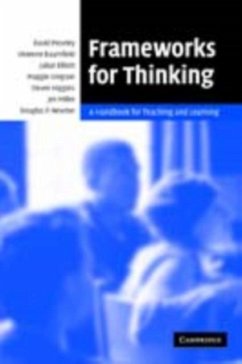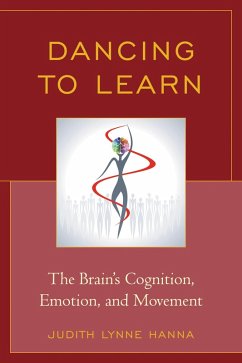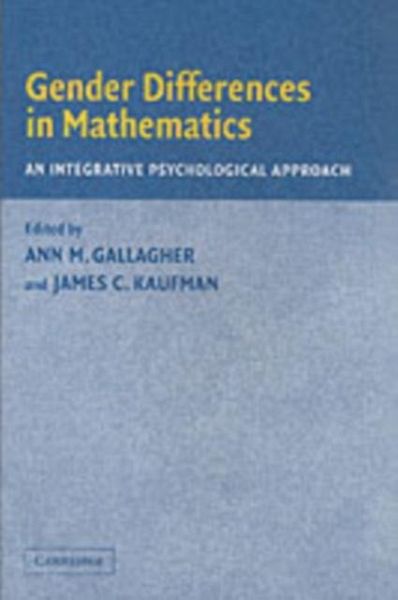
Gender Differences in Mathematics (eBook, PDF)
An Integrative Psychological Approach
Redaktion: Gallagher, Ann M.
Versandkostenfrei!
Sofort per Download lieferbar
32,95 €
inkl. MwSt.
Weitere Ausgaben:

PAYBACK Punkte
16 °P sammeln!
Females consistently score lower than males on standardized tests of mathematics - yet no such differences exist in the classroom. These differences are not trivial, nor are they insignificant. Test scores help determine entrance to college and graduate school and therefore, by extension, a person's job and future success. If females receive lower test scores then they also receive fewer opportunities. Why does this discrepancy exist? This book presents a series of papers that address these issues by integrating the latest research findings and theories. Authors such as Diane Halpern, Jacquely...
Females consistently score lower than males on standardized tests of mathematics - yet no such differences exist in the classroom. These differences are not trivial, nor are they insignificant. Test scores help determine entrance to college and graduate school and therefore, by extension, a person's job and future success. If females receive lower test scores then they also receive fewer opportunities. Why does this discrepancy exist? This book presents a series of papers that address these issues by integrating the latest research findings and theories. Authors such as Diane Halpern, Jacquelynne Eccles, Beth Casey, Ronald Nuttal, James Byrnes, and Frank Pajares tackle these questions from a variety of perspectives. Many different branches of psychology are represented, including cognitive, social, personality/self-oriented, and psychobiological. The editors then present an integrative chapter that discusses the ideas presented and other areas that the field should explore.
Dieser Download kann aus rechtlichen Gründen nur mit Rechnungsadresse in A, B, BG, CY, CZ, D, DK, EW, E, FIN, F, GR, HR, H, IRL, I, LT, L, LR, M, NL, PL, P, R, S, SLO, SK ausgeliefert werden.





